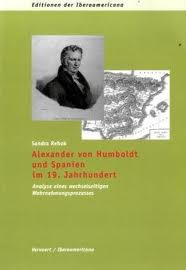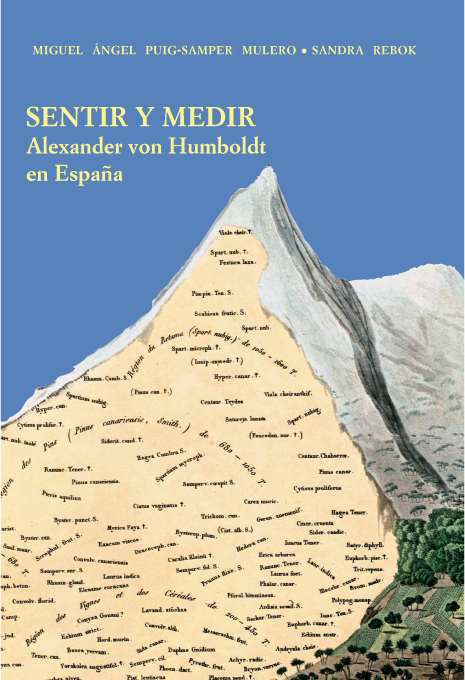Welcome to my personal website!
As a European scholar of German origin, with a strong interest in nineteenth-century transatlantic scientific collaboration, I seek to understand the specific ways in which American and European scholarly communities were connected.
Trained as an anthropologist and sociologist, I work in the field of history of modern science, doing research that crosses the boundaries of nations and disciplines, as I map the networks and exchanges that emerged in Europe and the Americas after the French Revolution. My approach to the history of science is at once social, cultural, and intellectual. At the center of what I do is an understanding of science as a body of knowledge that is mediated across or between empires and colonies, Europe and America, high academic culture and more popular milieux.
In keeping with this approach, I have always been attracted to studying voyages of exploration as a mode of the production of knowledge, as well as to international forms of scholarly collaboration as the vehicles for the circulation of knowledge on a larger scale. The cosmopolitan component of science beyond national borders and the transnational exchange of knowledge and ideas are therefore of special interest to me.
My own education has been thoroughly cosmopolitan. German by nationality, I earned my Ph.D. at the University of Heidelberg, after my studies at the Universidad Pontificia de Salamanca in Madrid, and the École des Hautes Études en Sciences Sociales in Paris. From 1998 to 2016 I worked for over 16 years at the Spanish National Research Council in Madrid and have held significant fellowships in Germany, Spain, France, Italy, Hispanoamerica and the United States, awarded by the Alexander von Humboldt Foundation, the Spanish National Research Council, the Deutsche Forschungsgemeinschaft, the Andrew W. Mellon Foundation, the Thomas Jefferson Foundation, the Smithsonian Institution, the European Commission Research Executive Agency, the Bogliasco Foundation or the German Scholars Organization, among others.
My work has been published in German, Spanish, English, and French; and since 2000 I have participated in numerous international conferences, and given lectures in 22 different countries in Europe, North America, South America, Africa and Australia. Thanks to these transnational experiences, and to being familiar with academic communities on both sides of the Atlantic, I have been challenged to rethink the intersecting of local cultures or societies and the development of the sciences. Studying historical questions from different angles in the context of transnational scholarship has affected my work considerably and provided me a great intellectual benefit.
I passionately believe in the importance of connecting scholarly research with the interests and needs of society. Looking at history, in particular, can be both insightful and inspiring as we face the current challenges in our world and aim to shape our future. I am therefore familiar with various forms of outreach activities such as exhibitions, documentaries, lectures, workshops and articles directed to various groups of audiences. Along the same lines, in recent years, I have developed a particular interest in working at the intersection between academia and policymakers, contributing more closely to the necessary dialogue between science and diplomacy, particularly in the context of international Culture and Foreign Policy programs. My specific focus is set on the role of history within the larger Science Diplomacy framework, which I aim to address in my project “History Diplomacy in Global Affairs” by working on the delineation, definition, and academic establishment of the concept of History Diplomacy as a rigorous, academic, and broadly accepted new field within the Science Diplomacy framework.
Much of my scholarship in the last 25 years has focused on the figure of Alexander von Humboldt, and for good reason: he was the ultimate European cosmopolitan of the post-1800 period in European science, someone who became closely familiar with Spanish intellectual life before traveling to the Spanish possesions in the New World and, thereafter, to the United States, the nation that seemed to him as the ideal place for the progress of science. In the context of my research, Humboldt stands out as a key figure for collaborative and open science, and for the transnational and transdisciplinary study of the globalization of knowledge.
You can also follow me on Academia.edu or
on my Instagram channel Glimpses into History of Ideas:
For more information about these and my other books, please click here.















